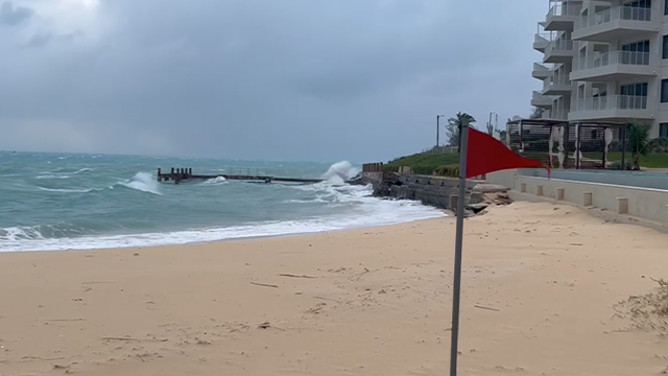The Dutch government collapsed abruptly this week after Geert Wilders, leader of the far-right Party for Freedom (PVV), pulled his party out of the ruling coalition, plunging the Netherlands into political uncertainty and setting the stage for early elections.
Wilders’ exit came after a heated dispute over asylum and migration policies. He demanded sweeping new restrictions, including a complete halt to asylum applications and the closure of reception centers. When coalition partners refused to back his 10-point anti-immigration plan, Wilders announced the PVV’s immediate withdrawal, ending the government’s 11-month tenure.
Prime Minister Dick Schoof, who led the fragile four-party coalition, resigned following Wilders’ decision. The remaining parties are expected to serve in a caretaker capacity until new elections can be organized, likely in the fall The coalition’s collapse leaves the Netherlands with only 51 of 150 parliamentary seats under government control, severely limiting its ability to make major policy decisions.
The timing is especially sensitive, as the Netherlands is set to host a key NATO summit in three weeks and faces mounting pressure to increase defense spending Opposition leaders have condemned Wilders’ move as reckless, accusing him of prioritizing political ambitions over national stability.
Polls suggest Wilders’ PVV remains the largest party, but its support has slipped since last year’s election victory, raising questions about the country’s next government and the future direction of Dutch policy.


